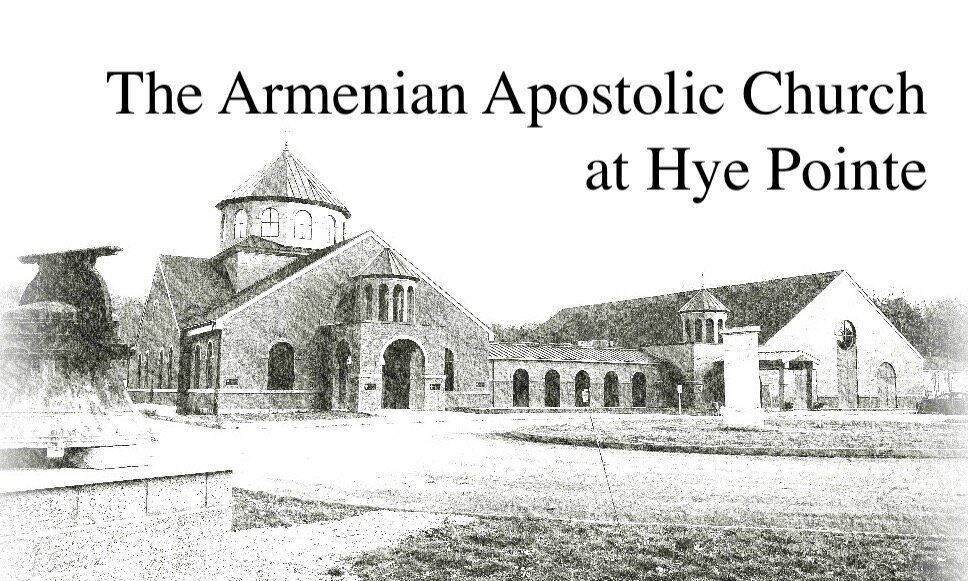Holy Communion
The most important religious obligation of every Christian is the receiving of Holy Communion. Holy Communion is a sacrament by which the believer receives Christ's Body and Blood in the form of bread and wine for remission of sins and the reception of eternal life. It is offered to the faithful during the celebration of the Divine Liturgy.
During the Lord's supper Jesus Christ took bread, blessed it, broke it into pieces and gave it to His disciples, saying: "This is my body which is given for you. Do this in remembrance of me." Then he took the cup, gave thanks and offered it to them, saying: Drink of it, all of you; for this is my blood of the covenant, which is poured out for many for the forgiveness of sins? (Matthew 26:26-28, Mark 14:22, Luke 22:19) Giving the communion to His disciples, Our Lord, at the same time, gave them the commandment always to perform this sacrament.
Any member of the Church desiring to take Holy Communion must prepare for it. The first step in the preparation process is to consider our intentions. There must be a conscious will to be forgiven of our sins. In this, we must reflect on the ways in which we have sinned, be repentant and reconcile with people that we are not on good terms with. One should not have hate in his heart when accepting the body and blood of Jesus Christ.
The next step is to purify ourselves through fasting. It is common to fast for 6 hours, or from midnight prior to receiving Holy Communion. If health reasons prohibit fasting, special permission can be granted from the priest to take medicine or light nourishment.
The final step is to confess our sins and receive absolution from the priest. This is done by the faithful confessing their sins through the reading of a formal confession. This is read aloud by clergy and the faithful prior to Holy Communion. It is important to know that the Armenian Church also practices private confession, which the faithful can arrange with the priest. The priest upon receiving the confession grants absolution in the name of Jesus Christ, and states the following:
May God, the lover of man, have mercy upon thee and grant thee forgiveness of all thy sins both those which thou hast confessed and those which thou has forgotten. Therefore, with the priestly authority, and by Divine command that whatsoever you loose on earth shall be loose in heaven, I absolve thee of all participation in sin committed in thought, in word, and in deed, in the name of the Father, and of the Son, and of the Holy Spirit, and I re-instate thee in the Sacraments of the Holy Church, that whatsoever good thou mayest do, may be accounted to thee for good and for the glory in the life to come. Amen.


